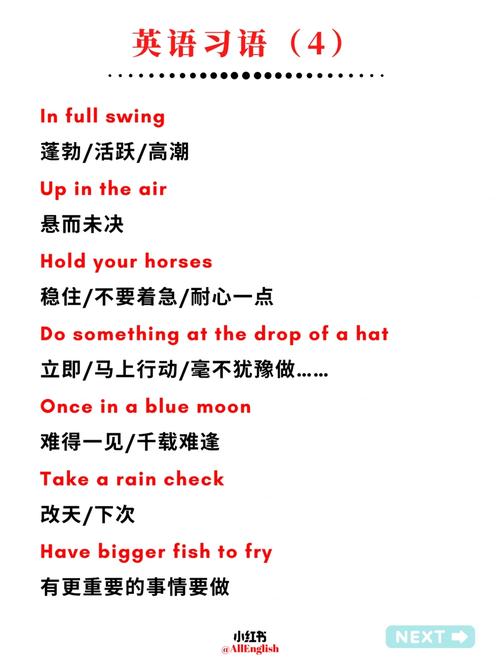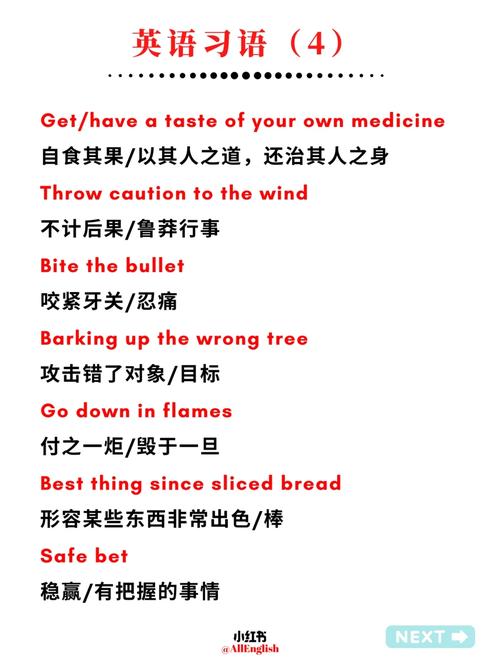
Why Does My Wiggly Tooth Hurt When I Bite Down?
Do you find yourself wincing every time you bite down on something? If you have a wiggly tooth, you’re not alone. This common dental issue can be quite painful and may leave you wondering what’s causing the discomfort. Let’s delve into the reasons behind this phenomenon and explore what you can do to alleviate the pain.
Understanding the Wiggly Tooth
Your teeth are held in place by a combination of bone, ligaments, and gums. When a tooth is loose, it’s typically due to one of two reasons: either it’s about to fall out or it’s being prepared for a new tooth to emerge.

Teething Pain
One of the most common causes of a wiggly tooth is teething. As your child’s adult teeth begin to erupt, they push against the baby teeth, causing them to become loose. This process can be quite painful, especially when biting down. To help alleviate the discomfort, you can try giving your child a cold teething ring or a soft, cold object to chew on.
Decay and Gum Disease
Another reason your tooth might hurt when you bite down is due to decay or gum disease. If you have a cavity or a severe case of gum disease, the affected tooth may become loose. In this case, it’s crucial to seek dental treatment as soon as possible to prevent further damage and pain.
Root Canal Infection
A root canal infection can also cause a tooth to become loose and painful when biting down. This occurs when the nerve inside the tooth becomes infected, leading to inflammation and pain. If you suspect a root canal infection, it’s essential to see a dentist immediately to prevent the infection from spreading and causing further damage.
Oral Trauma
Oral trauma, such as a blow to the face or a sports injury, can also cause a tooth to become loose. This type of injury can damage the ligaments and bone that hold the tooth in place, leading to pain and discomfort when biting down. If you’ve experienced a recent injury, it’s important to seek dental treatment to assess the damage and receive appropriate care.

How to Alleviate the Pain
While you’re waiting to see a dentist, there are a few things you can do to alleviate the pain:
-
Apply a cold compress to the outside of your cheek to reduce swelling and numb the area.
-
Take over-the-counter pain relievers, such as ibuprofen or acetaminophen, to help manage the pain.
-
Try to avoid biting down on hard or crunchy foods that may cause further pain.
-
Keep the area clean by brushing gently around the loose tooth and flossing carefully.
When to Seek Dental Treatment
It’s important to seek dental treatment if you have a wiggly tooth that’s causing pain when biting down. Here are some signs that you should make an appointment with your dentist:
-
The pain is severe or doesn’t improve with over-the-counter pain relievers.
-
The tooth is extremely loose and feels like it might fall out.
-
You have a fever or other symptoms of an infection.
-
The pain is accompanied by swelling or redness in the gums.
Preventing Future Issues
Preventing a wiggly tooth from causing pain in the future involves maintaining good oral hygiene and visiting your dentist regularly. Here are some tips to help you keep your teeth healthy:
-
Brush your teeth twice a day with fluoride toothpaste.
-
Floss daily to remove food particles and plaque from between your teeth.
-
Use an antiseptic mouthwash to help control plaque and gingivitis.
-
Visit your dentist for regular check-ups and cleanings.
Conclusion
A wiggly tooth can be quite painful, especially when biting





